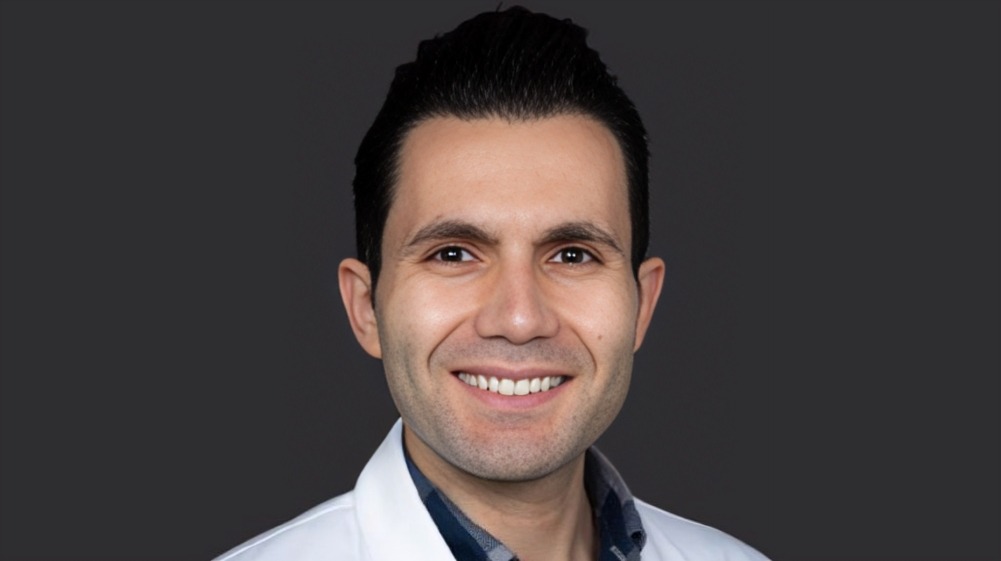
Roupen Odabashian: How WorkDone Health Tackles a $125B Healthcare Problem
Roupen Odabashian, Hematology/Oncology Fellow at the Karmanos Cancer Institute, shared a post on LinkedIn:
“Every year, U.S. hospitals lose more than $125 billion (1) because of documentation errors—$70 billion in denied claims and $55 billion in patient lawsuits. Behind those numbers are thousands of hours of wasted staff time, delayed reimbursements, and patient safety risks.
This isn’t just an administrative issue. As Dimitri, founder and CEO of WorkDone Health, explains:
“90% of claim denials come from incomplete documentation.”
That means missed PHQ-9 depression screens, inconsistent notes (nurse says left shoulder, physician says right), or missing sepsis bundle steps can cascade into revenue loss and clinical risk.
The Scale of the Problem
Traditional hospital workflows are reactive. Chart reviews happen weeks after notes are signed, when billing teams or quality assurance staff finally get to them. Dim points out:
“One of our early customers typically found mistakes six to eight weeks after the patient was discharged.”
By then, it’s too late. You can’t go back and ask a patient how they felt two days ago, and missing data means claims are denied or lawsuits are lost. On average, 40–150 errors are found in every discharge summary.
This is where WorkDone Health (YC X25) steps in.
The WorkDone Health Approach
WorkDone Health is a Y Combinator–backed startup that automates compliance and coding checks across 5,000+ rules from CMS, the Joint Commission, and hospital-specific policies. Instead of relying on sample reviews, it analyzes all records in real time.
The system flags high-risk gaps immediately and prioritizes alerts, so physicians only get notified about urgent issues while minor errors are batched for later. Dimitri calls it:
“The Grammarly for medical records—catching errors before they cost lives or billions.”
The impact is measurable: hospitals see up to 50% improvement in billing rates and fewer lawsuits from missing documentation.
Lessons for Healthtech Entrepreneurs
What can founders learn from WorkDone’s journey?
1. Go after massive, expensive problems
Hospitals write off 7–8% of monthly revenue to denials. By attacking a $125B inefficiency, WorkDone positioned itself as an essential solution, not a “nice-to-have. The tool pays for itself because documentation is the bridge between patient care and payment.”
2. Build for ROI-driven buyers
In healthcare, CFOs often feel the pain first. Instead of selling to physicians alone, WorkDone showed financial leaders how errors directly hit margins. ROI—not features—closed the deal.
3. Invest in compliance early
Many startups try to “move fast” in healthcare without regulatory readiness. WorkDone did the opposite, becoming HIPAA compliant immediately. “HIPAA is not just IT security—it’s company-wide trust.” This unlocked real patient data partnerships within months, while competitors waited years.
4. Leverage accelerators for speed and credibility
Through Y Combinator, WorkDone compressed the sales cycle. Most healthcare deals take 12–24 months. WorkDone signed its first health system 3 months after launch.“YC is about mindset: talk to customers, validate pain points fast, and build something people need.”
5. Simplify the vision
By branding themselves as the “Grammarly for EMRs,” WorkDone gave a complex product an instantly understandable metaphor. This made adoption conversations with clinicians and executives far easier.
The Future of AI in Hospital Operations
Dimitri envisions WorkDone becoming an invisible layer embedded inside EMRs:
“Physicians would see errors flagged like Grammarly, in the background, before they even click submit.”
That means safer patients, fewer lawsuits, and faster reimbursements. It also signals a broader shift: as payers and insurers use AI to deny claims, providers will need AI-powered “antidotes” to protect their revenue and patients.
Key Takeaway for Founders
Healthcare is one of the hardest industries to build in—sales cycles are long, regulations are heavy, and stakeholders have conflicting incentives. But as WorkDone shows, the path to success lies in solving problems that are too costly to ignore.
If you’re a founder, ask yourself:
Does my solution save lives or money—or ideally both? Am I building trust through compliance from day one? Can I explain my product vision in one relatable metaphor? As Dimitri says:
“Documentation errors are both a financial and patient safety risk. We want to eliminate them before they cost lives or billions.”
For healthtech entrepreneurs, that’s a playbook worth studying.”
More posts featuring Roupen Odabashian on OncoDaily.
-
Challenging the Status Quo in Colorectal Cancer 2024
December 6-8, 2024
-
ESMO 2024 Congress
September 13-17, 2024
-
ASCO Annual Meeting
May 30 - June 4, 2024
-
Yvonne Award 2024
May 31, 2024
-
OncoThon 2024, Online
Feb. 15, 2024
-
Global Summit on War & Cancer 2023, Online
Dec. 14-16, 2023
